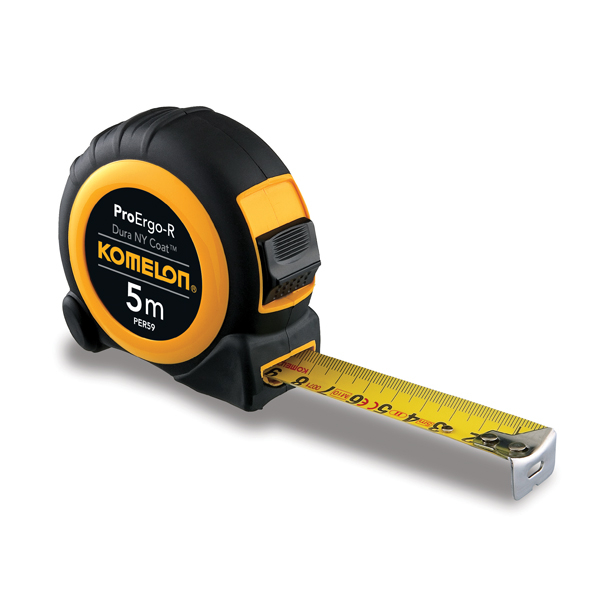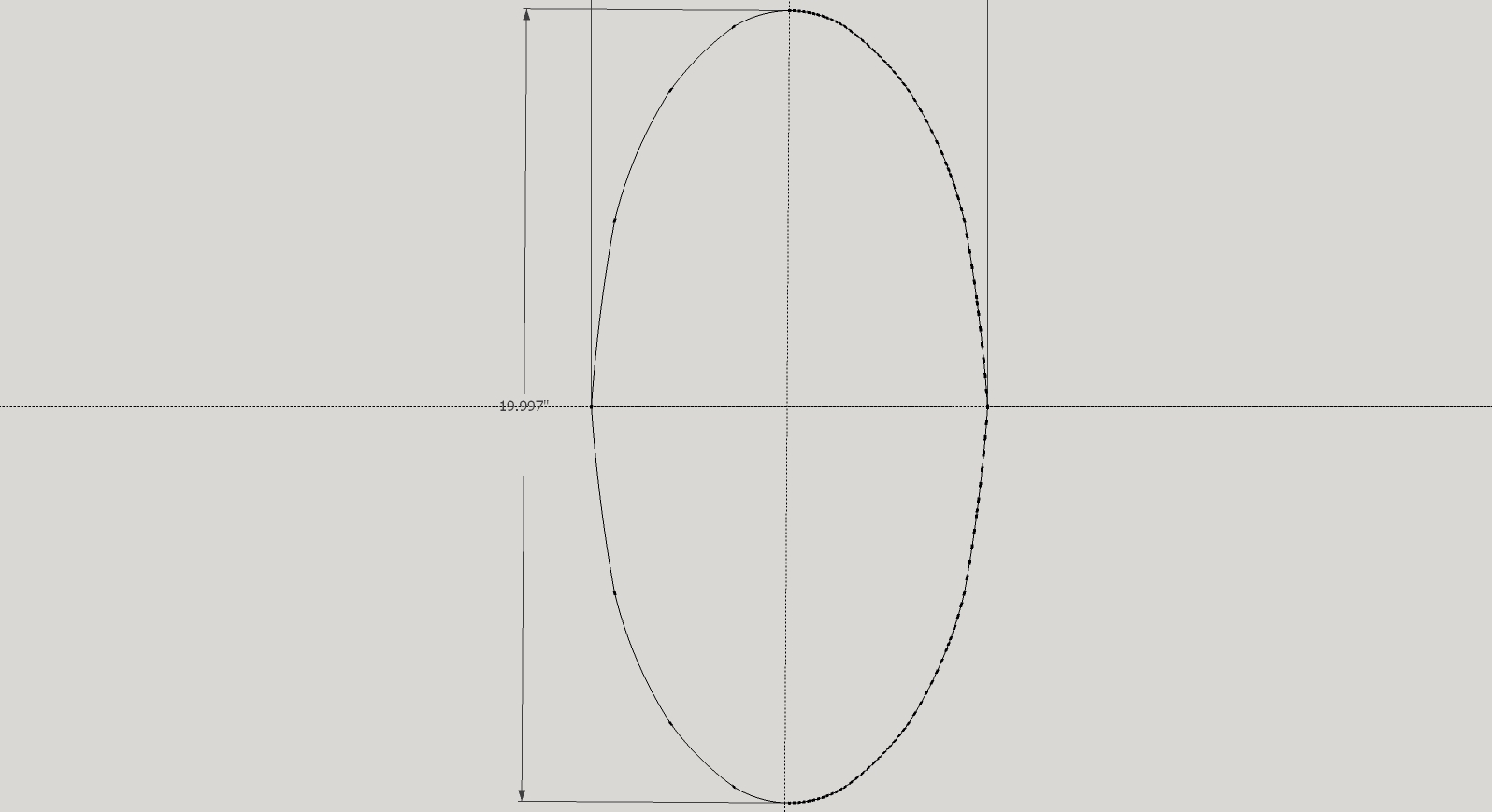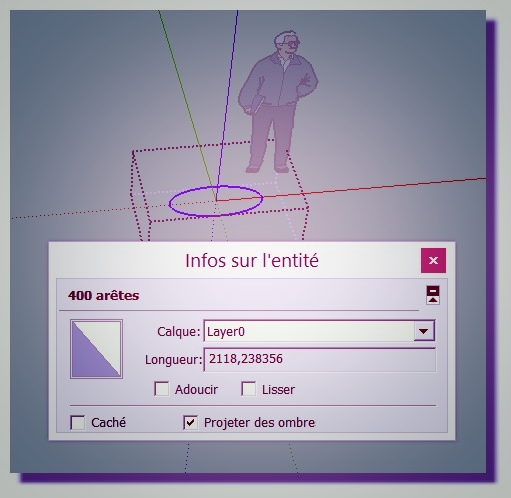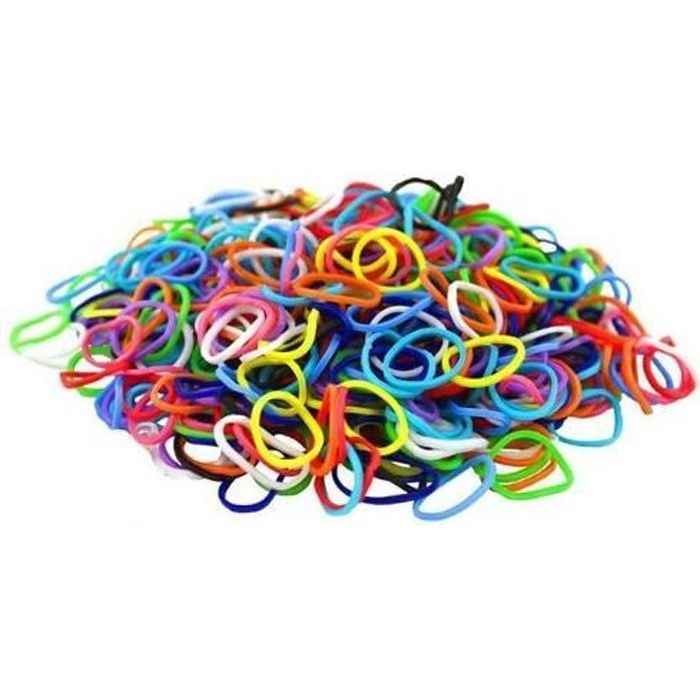Line length on circle scaled to ellipse is very wrong
-
@ Caul
So my result of Nurbs prog was not so bad!
2118,2799 332 against your theoric 2118.2799 288074484Sketchup gives 2118,27 6442 with circle 1000 segments!

But what think of this
@unknownuser said:
The actual line length is 2155 +/- 5. measured in the real world.
Measured with ?

or

or...? -
Attched is pic of ellipse drawn by the means of supplemental chords with no scaling. I included different seg counts just to show what can be done. If there is intersest I'll redo with more care.
Su reports length of 48.364" for size shown.
If you can run the polynomial curve fit equation shown I would appreciate. If this approach is useful for you I'll redo and show how to draw. It is a little more complicated than scaling but not much since you can draw 1/4 and then mirrow.
Oops see one dimension got cropped it is 10"
-
@pilou said:
@ Caul
So my result of Nurbs prog was not so bad!
2118,2799 332 against your theoric 2118.2799 288074484Sketchup gives 2118,27 6442 with circle 1000 segments!

But what think of this
The actual line length is 2155 +/- 5. measured in the real world.Measured with ?
A piece of string Pilou, sorry I cant recheck it, the job is done and dusted.
-
@mac1 said:
Attched is pic of ellipse drawn by the means of supplemental chords with no scaling. I included different seg counts just to show what can be done. If there is interest I'll redo with more care.
Su reports length of 48.364" for size shown. (1228.4456mm)
If you can run the polynomial curve fit equation shown I would appreciate. If this approach is useful for you I'll redo and show how to draw. It is a little more complicated than scaling but not much since you can draw 1/4 and then mirrow.
Oops see one dimension got cropped it is 10"[attachment=0:cf3intzr]<!-- ia0 -->conjuate ellipse.jpg<!-- ia0 -->[/attachment:cf3intzr]Curious to see how you do it Mac. (Tho' the curve on the minor axis is a bit pointy n'est pas?)
-
The code below constructs an ellipse in a group centered at origo where all edges have the exact same length. Since the script only computes a quarter ellipse the final full ellipse has an edge count divisible by 4. There's a "user interface" at the end to set major, minor and edge count. The circumference converges to the correct value with increased edgecount.
To run it, just paste the code into the ruby console and press enter.
module CAUL_RegularEllipse #hack found on the internets. Very accurate... def self.circumference(major, minor) a = major / 2.0 b = minor / 2.0 d = b / a x0 = d**0.5 x1 = d x2 = d**1.5 x3 = d**2 x4 = d**2.5 s0 = 3929 * x0 + 1639157 * x1 + 19407215 * x2 + 24302653 * x3 + 12892432 * x4 s1 = 86251 + 1924742 * x0 + 6612384 * x1 + 7291509 * x2 + 6436977 * x3 + 3158719 * x4 c = 4 * a + b * (s0 / s1) return c end #find the intersection between a positive half ellipse at (0, 0) and a #positive half circle at (h, k) with radius r in the first quadrant. def self.circle_ellipse_intersect(a, b, h, k, r, c) #start point must be chosen with care so we don't end up outside the domain x = h - c * r epsilon = 0.000000000000001 f_e = f_c = 0 (0..15).each { |i| f_e_sqr = 4 * (a*a * b*b) * (a*a - x*x) f_c_sqr = 2 * h * x + r*r - x*x - h*h df_e_sqr = a*a * b*b * (a*a - x*x) df_c_sqr = r*r + 2 * h * x - x*x - h*h return nil if f_e_sqr < 0 || f_c_sqr < 0 || df_e_sqr < 0 || df_c_sqr < 0 f_e = Math;;sqrt(f_e_sqr) / (2 * a*a) f_c = Math;;sqrt(f_c_sqr) + k df_e = -(b*b * x) / Math;;sqrt(df_e_sqr) df_c = (h - x) / Math;;sqrt(df_c_sqr) break if (f_e - f_c).abs <= epsilon x = x - (f_e - f_c) / (df_e - df_c) } return [x, f_e] end #given a positive x-value, return the point on the ellipse in the first qudrant def self.get_ellipse_point(major, minor, x) a = major / 2.0 b = minor / 2.0 f_e_sqr = 4 * (a*a * b*b) * (a*a - x*x) f_e = Math;;sqrt(f_e_sqr) / (2 * a*a) return Geom;;Point3d.new(x, f_e, 0) end #return how close the ellipse gets to the endpoint at ex with #bits segments #of length len. def self.test_ellipse(len, q_bits, major, minor, ex) a = major / 2.0; b = minor / 2.0; d = count = 0 coff = [0.99999999, 0.00000001, 0.5] p0 = Geom;;Point3d.new(a, 0, 0) pe = get_ellipse_point(major, minor, ex) (0..q_bits - 2).each { |i| arr = nil coff.each { |c| arr = circle_ellipse_intersect(a, b, p0.x, p0.y, len, c) break if arr != nil } return nil, nil if arr == nil p0.x = arr[0] p0.y = arr[1] d = pe.distance(p0) count += 1 break if d < len } return d, count end #given an ellipse and the number of segments (q_bits) covering a quarter of the ellipse, #compute the length of a segment. def self.get_segment_length(major, minor, q_bits, ex) c = circumference(major, minor) #len is guaranteed to be a close over estimation len = (c / 4.0) / q_bits #regress towards the root by adjusting len downwards. Very rapid convergence.. (0..10).each { |i| d, count = test_ellipse(len, q_bits, major, minor, ex) over = (len - d) + (q_bits - 1 - count) * d len -= over / q_bits } return len end def self.get_quarter_ellipse(major, minor, q_bits, len) a = major / 2.0; b = minor / 2.0; d = count = 0 coff = [0.99999999, 0.00000001, 0.5] p0 = Geom;;Point3d.new(a, 0, 0) ps = [p0] pe = Geom;;Point3d.new(0, b, 0) (0..q_bits - 2).each { |i| arr = nil coff.each { |c| arr = circle_ellipse_intersect(a, b, p0.x, p0.y, len, c) break if arr != nil } return nil, nil if arr == nil p1 = Geom;;Point3d.new(arr[0], arr[1], 0) ps << p1 p0 = p1 } ps << pe return ps end def self.get_ellipse(major, minor, q_bits, len) ps = get_quarter_ellipse(major, minor, q_bits, len) ##add the other three quadrants len = ps.length (0..len - 2).each { |i| ps << Geom;;Point3d.new(-ps[len - 2 - i].x, ps[len - 2 - i].y, 0) } len = ps.length (0..len - 2).each { |i| ps << Geom;;Point3d.new(ps[len - 2 - i].x, -ps[len - 2 - i].y, 0) } ps.delete_at(ps.length - 1) return ps end ######################## ######### MAIN ######### ######################## def self.main mod = Sketchup.active_model ent = mod.entities sel = mod.selection ###### USER INTERFACE #### major = 900.mm minor = 400.mm q_bits = 100 #number of segments in a quarter ellipse (-> full ellipse has q_bits * 4 segments) ################# len = get_segment_length(major, minor, q_bits, 0) ps = get_ellipse(major, minor, q_bits, len) ### ADD THE ELLIPSE ## ng = ent.add_group (0..ps.length - 1).each { |i| ng.entities.add_line ps[i], ps[(i+1) % ps.length] } puts 'done' end main end -
A L. Great, that will be very useful in the future. Thanks.
Ps: 2118mm again, How long was my piece of string? -
Use elastic next time Baz then you can get several measurements in one.
-
@box said:
Use elastic next time Baz then you can get several measurements in one.
Which was exactly where I came in...
... everybody chill, it's solved in at least four or five ways, go back to your lives!Thank you all for all your obsessive help.

Baz
PS: It's still a bug.
-
At the maximum display precision of SU with Caul program
2118.238356Nurbs Prog 2118,2799 332 against your theoric 2118.2799 288074484
Sketchup gives 2118,27 6442 with circle 1000 segments!

For Baz


-
conjuate ellipse.skpBaz: as noted the model was just proof of concept so not worried about segments yet. the 10X5 (semi) " better model reports 24.227n inches for 1/2 , has only 72 edges and looks very nice.
Some way the number I posted above is not correct so forget about running you calculation. BTW that brings up a question. There are several eliptic intergals and the corresponding polynominal curve fits to those. Do you know which type your equation is for. -
@mac1 said:
[attachment=0:1ln04vy0]<!-- ia0 -->conjuate ellipse.skp<!-- ia0 -->[/attachment:1ln04vy0]Baz: Do you know which type your equation is for.
Sorry Mac, I have no idea.
-
bAZ;
Complete integral of second kind required for ellipse;
For drawing Wikipedia best for you. The have an animated approach but call it parallelogram approach, mine almost the same but equal for all practical purposes. Will find link for you https://en.wikipedia.org/wiki/Ellipse
I used online calculator & my length is with .02+% of what they calculate.
I only use 4 points for may drawing then did mirroring to get 1/2. Most of curve was made with Bezier cubic spline Order 3 with seven segments. The scale and my drawing over lay very close.
I think know what problem is but need more test. Think may be adding segments ad infinitinum(sp?)my not be the way one wants to go. As you know SU has two sided faces so deleted duplicate vertices so could see what scale does and raised some questions I want to investigate. -
160217.6 ellipse test.skp
@caul said:@pilou said:
And what is its result in this case ? (Ellipse 400*900)
2118.2799288074484
The result above is for major = 900, minor = 400, if your input refers to the semi axes multiply the result by 2.
This is the correct value irrespective what Op thinks. On-line calculator spits out same number;
In addidition I used two different methods to model ellipse ( 10 x 20 ") to verify the model approach SU uses is ok ( Two circle and parallelogram, plus the one noted above but it is slight mod of parallelogram ) methods;
Attached the result I get for the 400x900 mm ellipse. The actual value is as above and I get 2112.236 => Good enough for me. I get same result if curve is exploded or left as curve. What I did seem to find is welding before scale helps and you have to be very careful to lock axis direction of scale. -
Why not increase number of segments of arc circles for have a better precision?
@unknownuser said:
Sketchup gives 2118,27 6442 with circle 1000 segments!
-
You guys really have to get out more

-
@pilou said:
Why not increase number of segments of arc circles for have a better precision?
@unknownuser said:
Sketchup gives 2118,27 6442 with circle 1000 segments!
Check my very first post you can make the figure with 75 segs very nicely. I do not subscribe to philosophy more is better. For the OP use one would probably want>=10% etc margin on veneer one buys.
-
you right but as we as a computer under the hands it's funny to give it maximum to eat!

-
Can someone calculate the optimum sinewave formation for each of the individual nine tails used to flog this particular dead horse, please show all your working.
Advertisement







